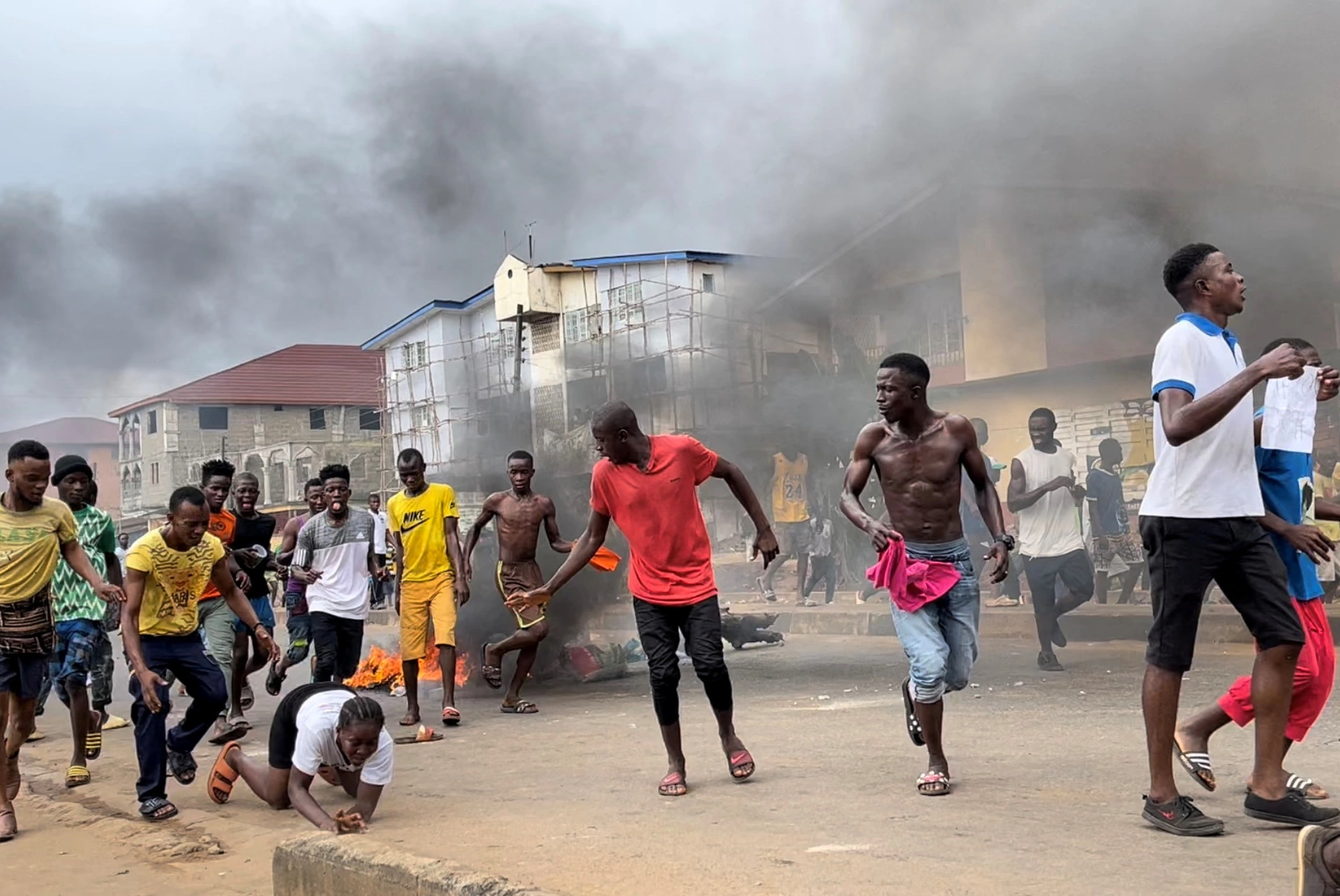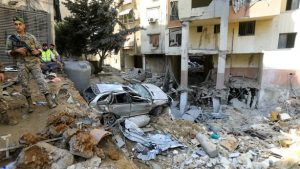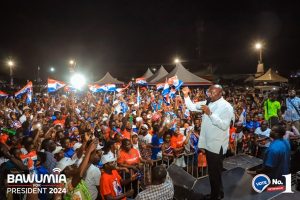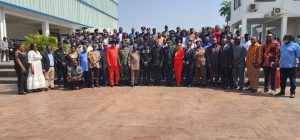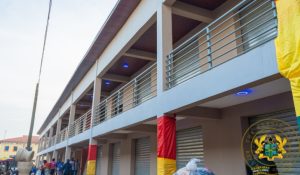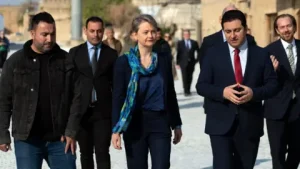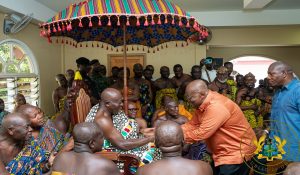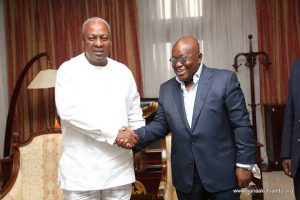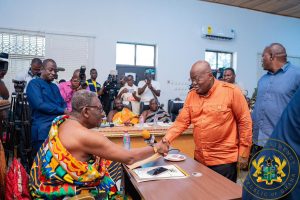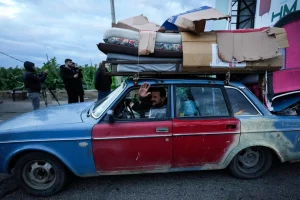At least six protesters and six police officers were killed as anti-government protests in Sierra Leone turned violent, according to officials and local media reports.
Hundreds of people took to the streets on Wednesday in a public display of anger over economic conditions in the country and to protest the perceived failure by the government to cushion the effect of rising prices.
At least six protesters were killed, the AFP news agency reported, citing a morgue technician at the Connaught Hospital in Freetown; local media reported that seven protesters died.
Two police officers were killed in Freetown, three in the northern town of Kamakwie and one in the northern city of Makeni, Police Inspector General William Fayia Sellu told the Reuters news agency.
Al Jazeera was not able to independently verify death tolls.
Deadly unrest is uncommon for Sierra Leone, especially in the West African country’s capital Freetown. Relative calm returned to the city on Thursday after a nationwide curfew was imposed. Police and troops patrolled the streets of the capital, and some shops in the city’s central business district had reopened, AFP reported.
What began Wednesday as a peaceful assembly by market women to draw attention to “economic hardship” descended into clashes between security forces and young men demanding the president resign.
Several police stations were burned down and vandalised around the country, it said.
A police statement said 113 “suspects” had been arrested in the northwest and northeast provinces.
‘Embrace dialogue’
One video verified by Reuters from Freetown showed a police officer firing a gun into a crowd.
Sulaiman Turay, a 19-year-old living in east Freetown, marched briefly before police started firing tear gas and said he later saw demonstrators getting shot at from his porch.
“I think people are shocked. It’s not the country we know. Sierra Leone is a peaceful place,” he said.
A curfew imposed on Wednesday would continue from Thursday between 7pm (19:00 GMT) and 7am, the police said, without specifying an end date for the measure.
The government also announced it had put in place “mechanisms” to monitor social media and warned the public against spreading “incendiary” information “to destabilize the state”.
The internet was cut for two hours on Wednesday and again overnight, according to internet observatory NetBlocks.
President Julius Maada Bio, who had been in the United Kingdom on a private visit, returned ahead of schedule on Wednesday night, according to presidency spokesperson Tanu Jalloh.
Source:aljazeera.com

